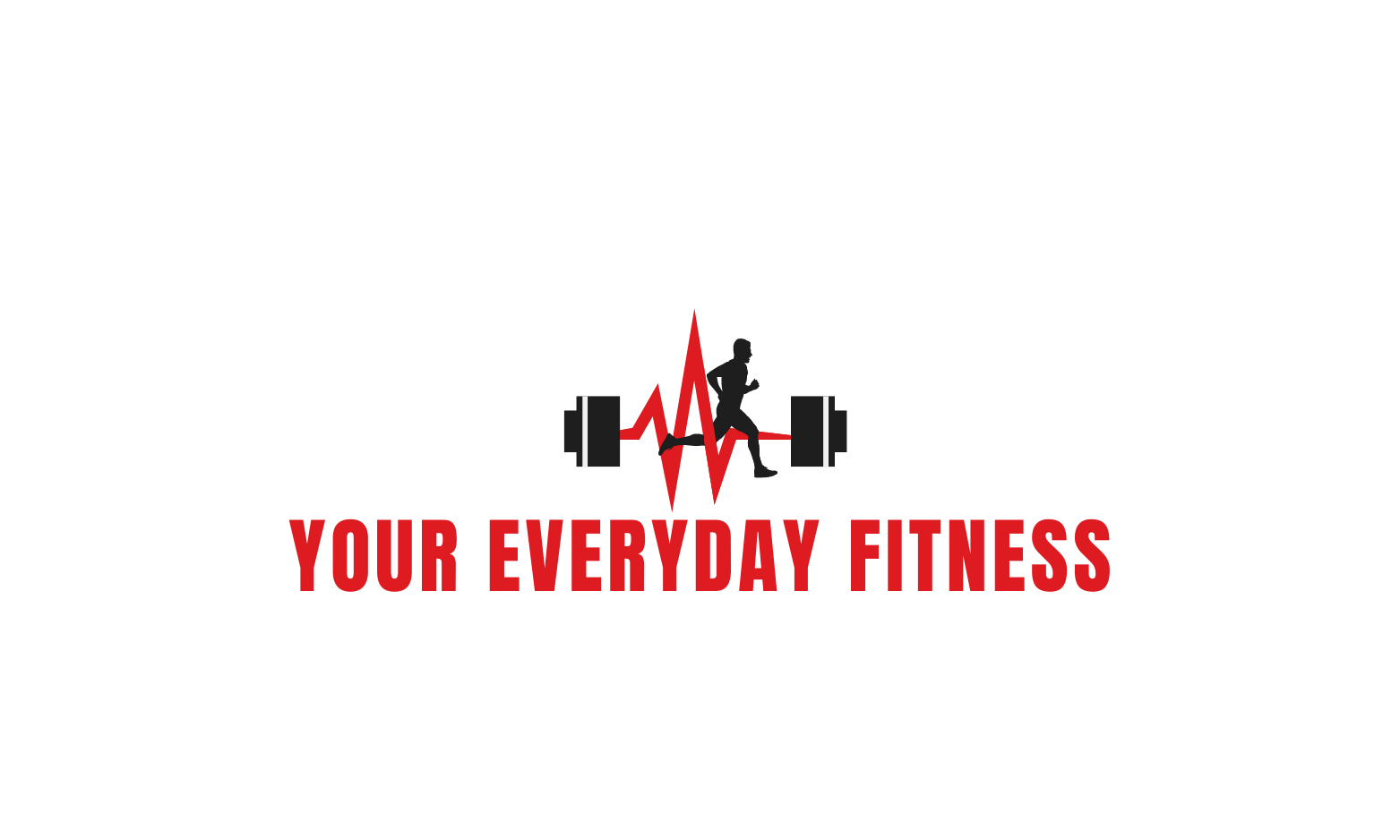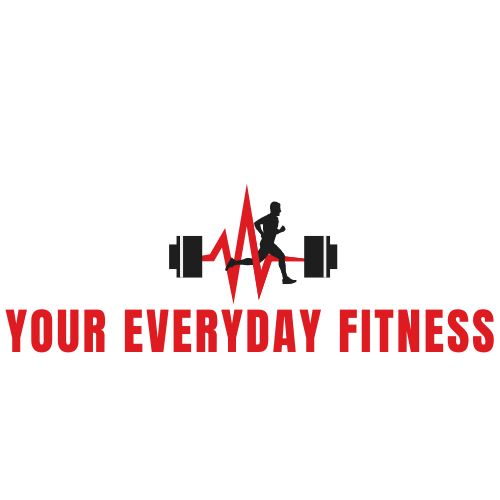If you’re into fitness, you’ve probably heard a lot about one of the most famous dietary supplements, pre-workout supplements. Although many people use pre-workout to improve exercise performance, many are unsure about precisely when to take it. Today, we’ll answer the question that has been on your mind: how long does pre-workout take to kick in?
I know that I used to struggle with this; do I take it before I leave for the gym, right outside the gym, during my workout? I didn’t know, but now I do, and I’ll say that timing your pre-workout intake correctly can completely change its effects, and help you optimize your training session.
Whether you’re getting ready for an intense lifting session or a cardio day, pre-workout can give you that extra boost to crush your workout.
In this guide, we’ll break down how pre-workout works, how long it takes to feel the effects, and all the factors that can change the timing. By the end, you’ll know exactly when to take your pre-workout so you’re ready to hit the gym feeling unstoppable.
For more on pre-workout, read our article on What Happens If You Take Too Much Pre-Workout.
How Long Does Pre-Workout Take to Kick In?
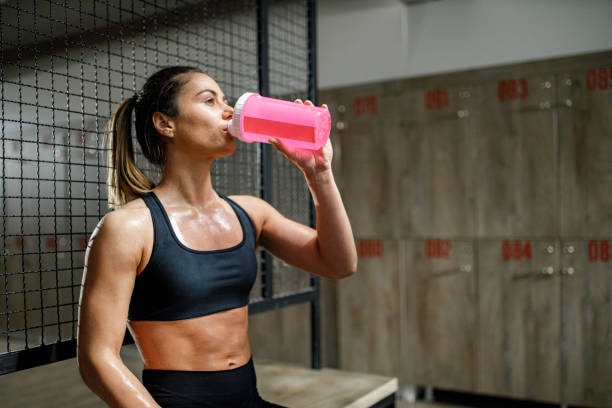
On average, most pre-workouts take about 20 to 45 minutes to kick in. One study that was done to showcase performance enhancement due to pre workout began testing subjects around 20 minutes after ingestion (Martinez, N., 2016), which proved effective.
However, this timeframe varies based on several factors like your metabolism, whether you’ve eaten recently, and the specific ingredients in your supplement.
First, let’s discuss the ingredient-specific onsets,and go over 3 common pre workout ingredients:
- Caffeine: Effects on focus, energy, and performance typically begin within 15–30 minutes post-ingestion (Martinez, N., 2016). However, 30-60 minutes after caffeine absorption is usually the peak time for caffeine in the bloodstream.
- Beta-Alanine: Paresthesia (that tingling sensation) begins within roughly 20 minutes of consumption, though performance benefits rely on chronic use (Martinez, N., 2016).
- Nitric Oxide Boosters (e.g., Citrulline, Arginine): Vasodilation effects peak at ~30–45 minutes, helping with endurance and power performance (Kaczka et al., 2020).
Knowing what is in your pre-workout products is the first step to knowing when to consume pre-workout in order to help boost workout performance.
When to Take Pre-Workout, Depending on Your Goals
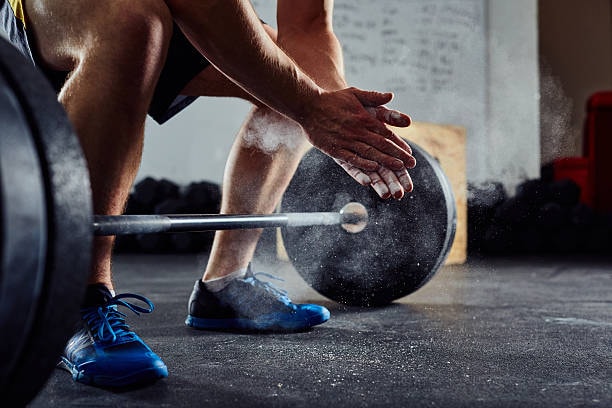
Deciding when to take pre workout could also depend on your goals for the workout.
For example, working out 20 minutes after ingestion showed performance benefits during anaerobic and strength tests (Martinez, N., 2016).
Meanwhile, for improved strength, torque and anaerobic power, pre workout may be best taken 40 minutes before the workout, so you are peaking at the exact right time (Kaczka et al., 2020).
For extended endurance sessions, take pre workout closer to 30 minutes prior to exercise to make sure you sustain energy throughout the workout and don’t begin to come down too soon. (Ellerbroek & Antonio, 2015).
Factors That Affect Kick-In Time
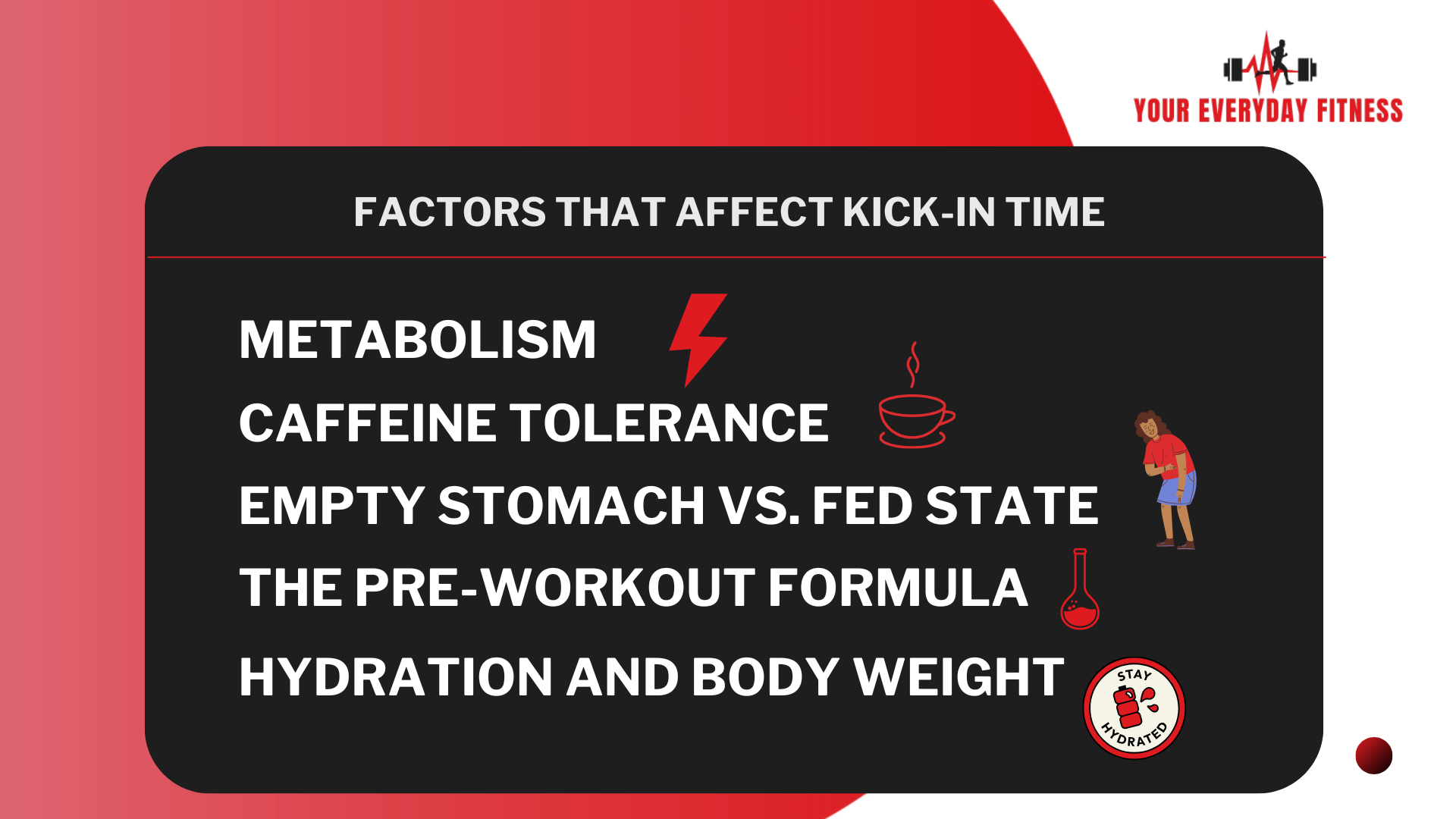
Here’s what might make your pre-workout kick in faster—or slower:
1. Your Metabolism
If you have a fast metabolism, your body processes pre-workout ingredients quicker, so you might feel the effects sooner. Meanwhile, larger or slower-metabolizing individuals might take longer to feel effects.
2. Caffeine Tolerance and Sensitivity
Are you someone who drinks coffee daily? You might not feel the effects of caffeine as strongly or as quickly as someone with low tolerance. On the flip side, if you’re caffeine-sensitive, you might feel the buzz much faster. Knowing your caffeine sensitivity is important.
I know that when I first took pre-workout, it would hit me pretty dang fast. Now, after consuming caffeine daily for years, it takes a whole lot longer, and doesn’t feel quite as shocking.
3. Empty Stomach vs. Fed State
Taking pre-workout on an empty stomach typically speeds things up since there’s less food to slow down absorption. But be careful—some people experience nausea or jitters when they do this.
I’ve had times where I tried to get jacked up on pre-workout by taking it on an empty stomach, and it ended up hurting my stomach and making my performance in the gym worse. Real bummer when that happens, so proceed with caution.
Studies, such as The effect of acute pre-workout supplementation on power and strength performance, instructed participants to refrain from food for 3 hours pre-ingestion to maximize absorption.
4. The Pre-Workout Formula
As we mentioned earlier, not all pre-workouts are created equal. Some formulas are packed with fast-acting ingredients like pure caffeine, while others include slower-absorbing components. Check your product label to know what’s inside.
Also, it has been shown that pre workout powder dissolves and absorbs efficiently in liquid form, enhancing speed of the effects.
5. Hydration and Body Weight
Staying hydrated and your overall body weight can also affect how quickly your pre-workout kicks in.
Proper hydration ensures better absorption, while smaller individuals may feel effects faster than those with larger body mass.
Signs Your Pre-Workout Is Working
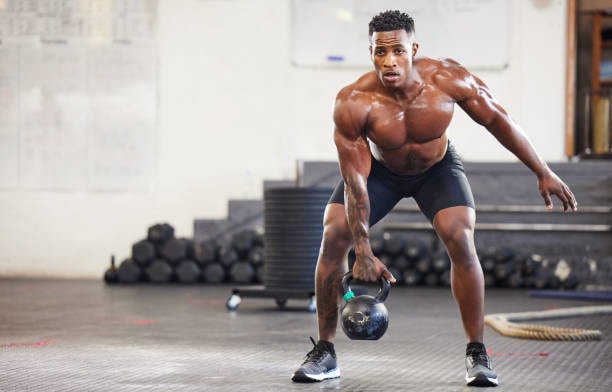
Wondering how to tell if it’s kicking in? Look for these signs:
- Increased Energy: A noticeable jolt of energy is one of the first signs. You might suddenly feel ready to take on the world—or at least the gym. This is a great feeling when used for the good of the workout.
- Tingling Sensation: Beta-alanine often causes a harmless tingling or “pins and needles” sensation on your skin. You might feel the tingles, or a slight itch, that’s normal and okay.
- Mental Focus: Ingredients like caffeine and tyrosine enhance focus, helping you zero in on your workout. You may also have a reduced perception of fatigue, meaning you don’t feel quite as tired as you normally would after a hard set.
- Improved Blood Flow: Vasodilation or “pump” sensation due to nitric oxide boosters. Things like Citrulline and similar ingredients boost blood flow, making your muscles feel pumped and ready to perform.
- Increased Heart Rate: You may feel your heart beating faster, and a slight warming sensation from caffeine and thermogenic ingredients
- Improved Performance: Pre-workout has been proven to enhance anaerobic power, muscular endurance, muscle growth, and the ability to complete more repetitions.
How Long Does Pre-Workout Last?
Once it kicks in, the effects of most pre-workout supplements usually last 2 to 4 hours, depending on the formula. Ingredients like caffeine might linger in your system even longer, especially if you’re sensitive to it. This is why it’s not a great idea to take pre-workout too close to bedtime—it could mess with your sleep.
Here’s how different ingredients last in your system:
Caffeine:
Half-life ranges from 3–5 hours, with peak effects observed in the first 1–2 hours (Martinez et al., Kaczka et al.).
Nitric Oxide Boosters:
Vasodilation effects (e.g., pump sensation) typically last 1–2 hours (Kaczka et al.).
Focus Ingredients (e.g., Tyrosine, Huperzine A):
Mental clarity effects last ~3–4 hours (Martinez et al., Kaczka et al.).
Types of Pre-Workout Supplements
Nowadays especially, there are so many different kinds of pre workout supplements, and the type you choose can affect both the timing and the effects.
Here are the main types:
1. High-Stim Pre-Workouts
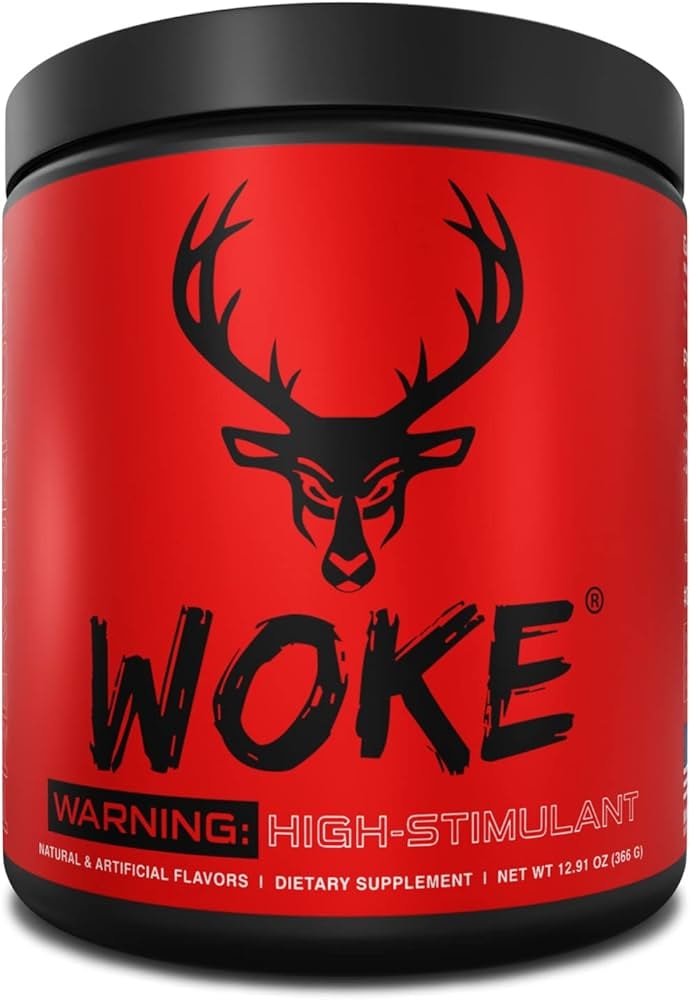
This is what most pre workout formulas are, high-stim pre-workouts are for those chasing intense energy and focus, as these are packed with high doses of caffeine and other stimulants like yohimbine or theobromine.
I love these kinds of pre-workouts because they really get me pumped up before intense, heavy lifting sessions. That being said, these are for experienced users looking to power through ultra-tough workouts—so be cautious if you’re sensitive to stimulants.
2. Natural or “Clean” Pre-Workouts
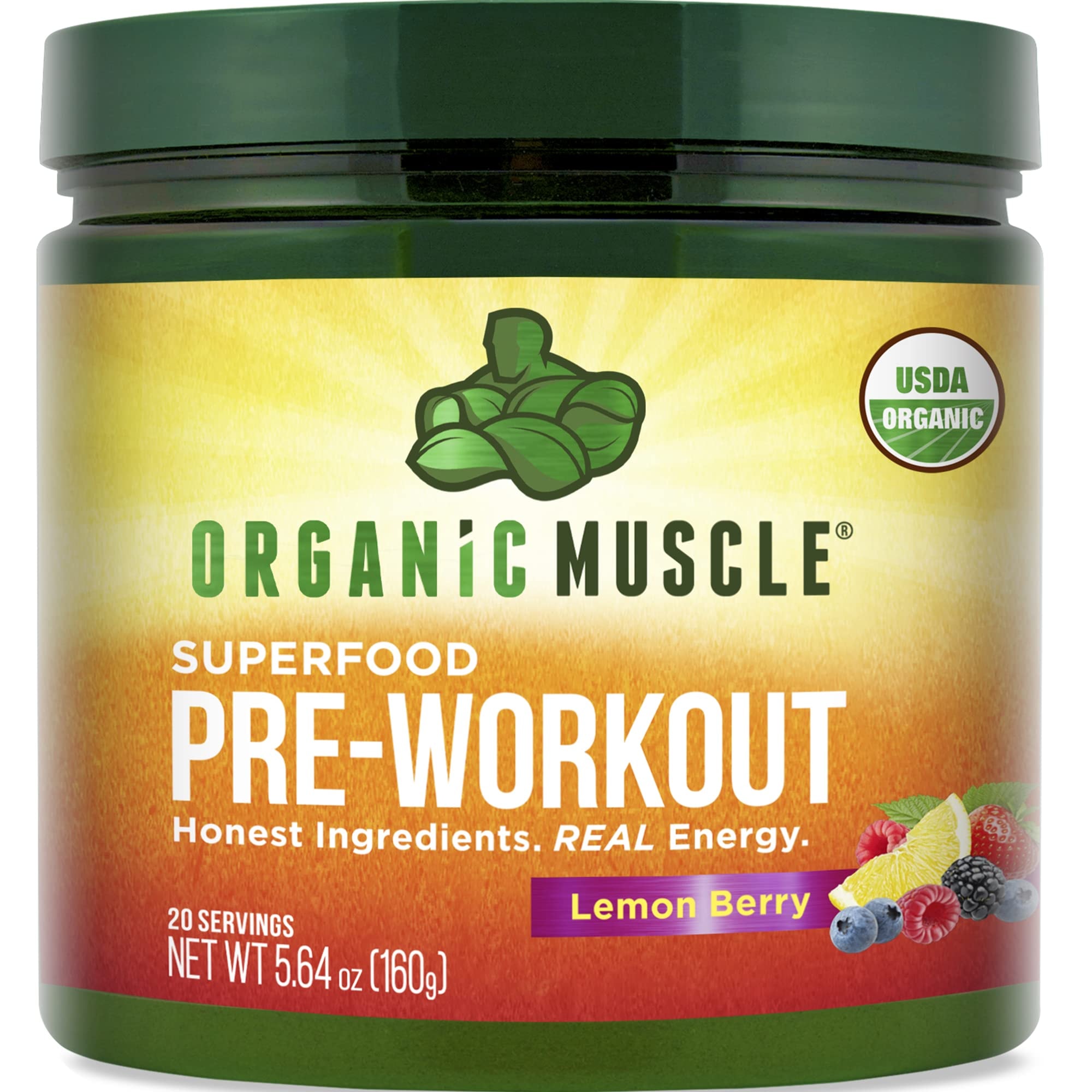
These cater to people who prefer minimal or all-natural ingredients. They often skip artificial flavors, colors, and sweeteners, focusing on natural sources of caffeine (like green tea or coffee bean extract) and plant-based performance boosters.
For those who are more worried about the ingredients of pre-workout supplements, and want to stick to a natural diet, these are perfect.
3. Stim-Free Pre-Workouts
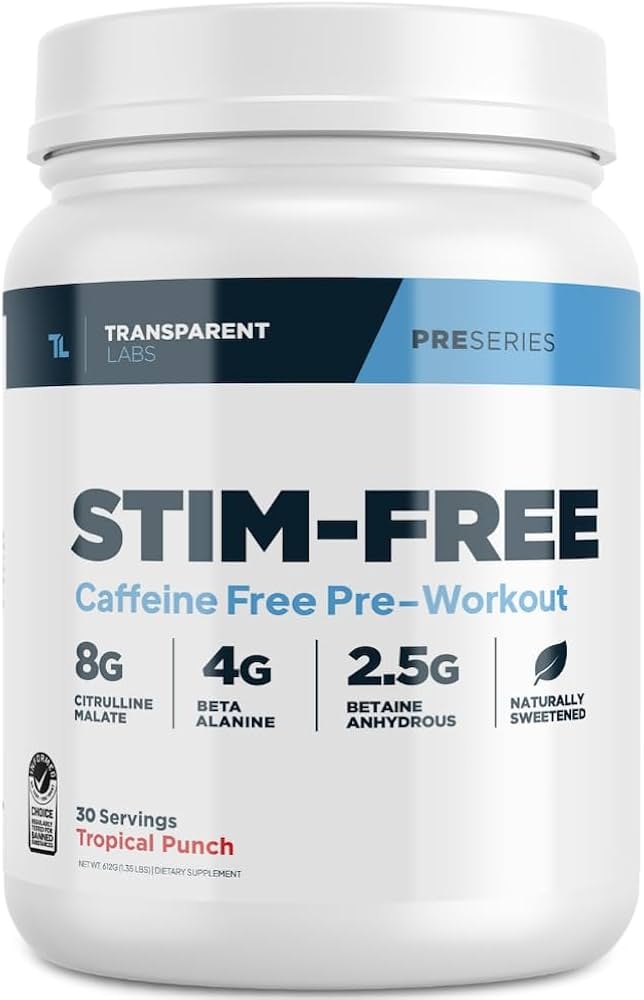
These are caffeine-free and focus on ingredients like citrulline and beta-alanine for performance boosts without the jitters. They are perfect for those who are trying to keep their caffeine intake low, or for those who feel they don’t need a giant boost in energy levels for their workout.
4. Nootropic Pre-Workouts
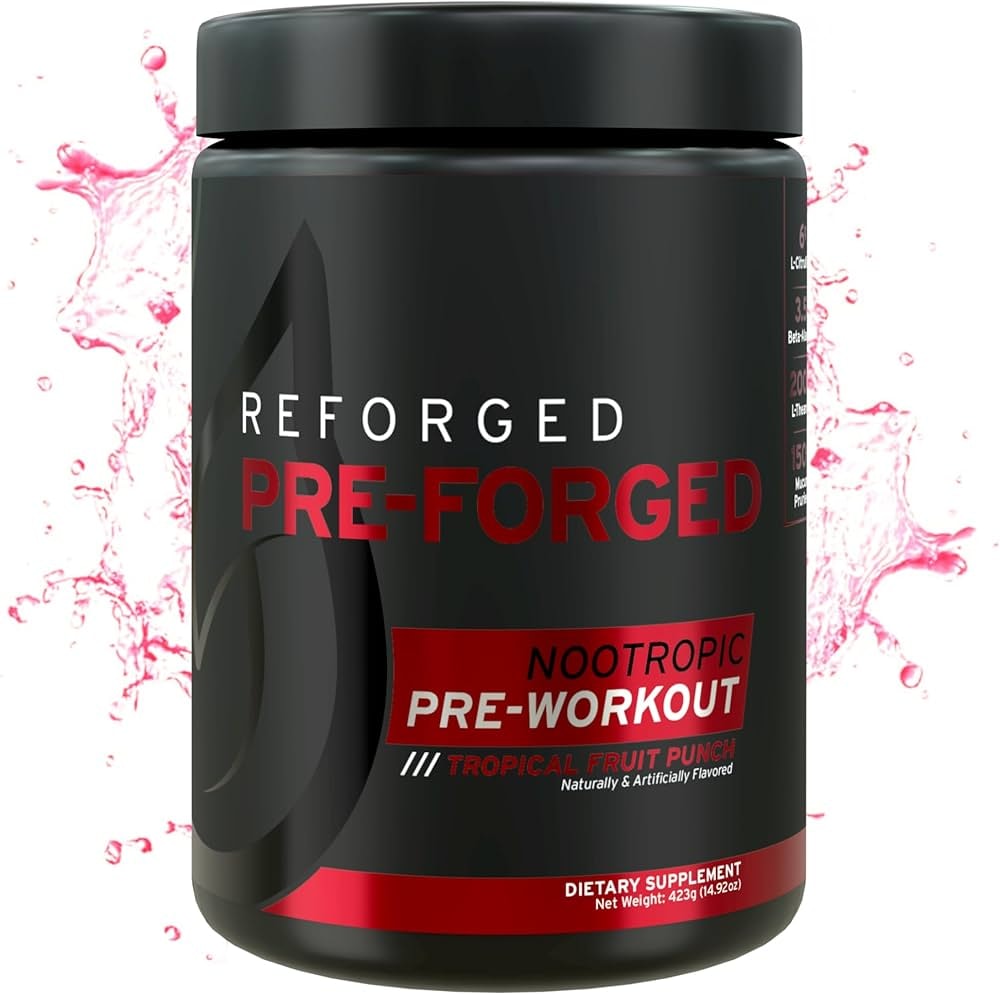
If mental focus is your top priority, nootropic pre-workouts include brain-boosting ingredients like tyrosine, alpha-GPC, or huperzine-A.
These can improve concentration, motivation, and the mind-muscle connection during your workout, which can be a great and very different kind of focus in the gym.
5. Pump-Focused Pre-Workouts
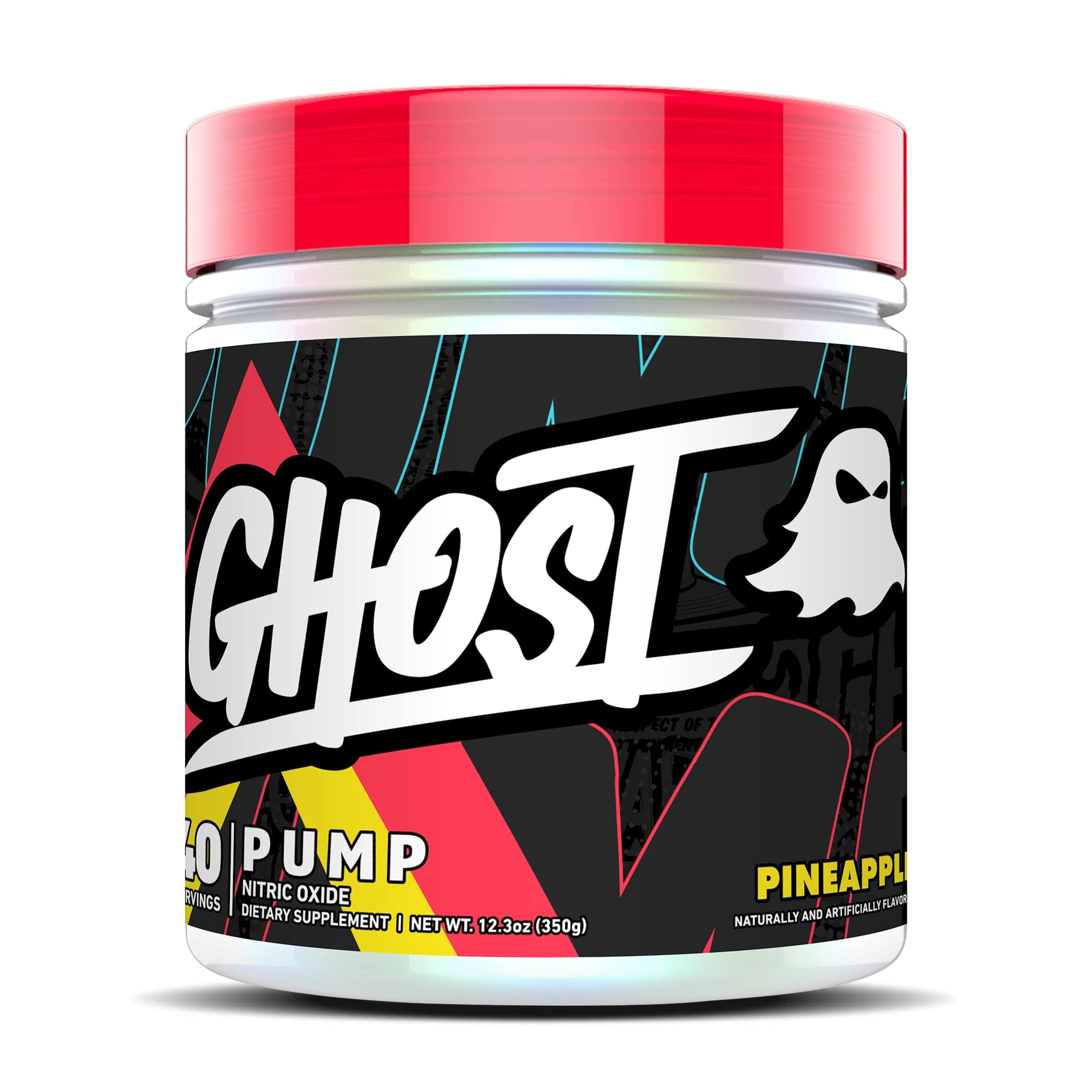
If you’re looking for the famous “pump” that you’ve heard Arnold rave about, these are the kind you want to look for.
These are packed with nitric oxide boosters like citrulline and arginine to improve blood flow and deliver a killer pump during strength training. Many are stim-free, making them a great choice for evening workouts.
7. Carb-Enhanced Pre-Workouts
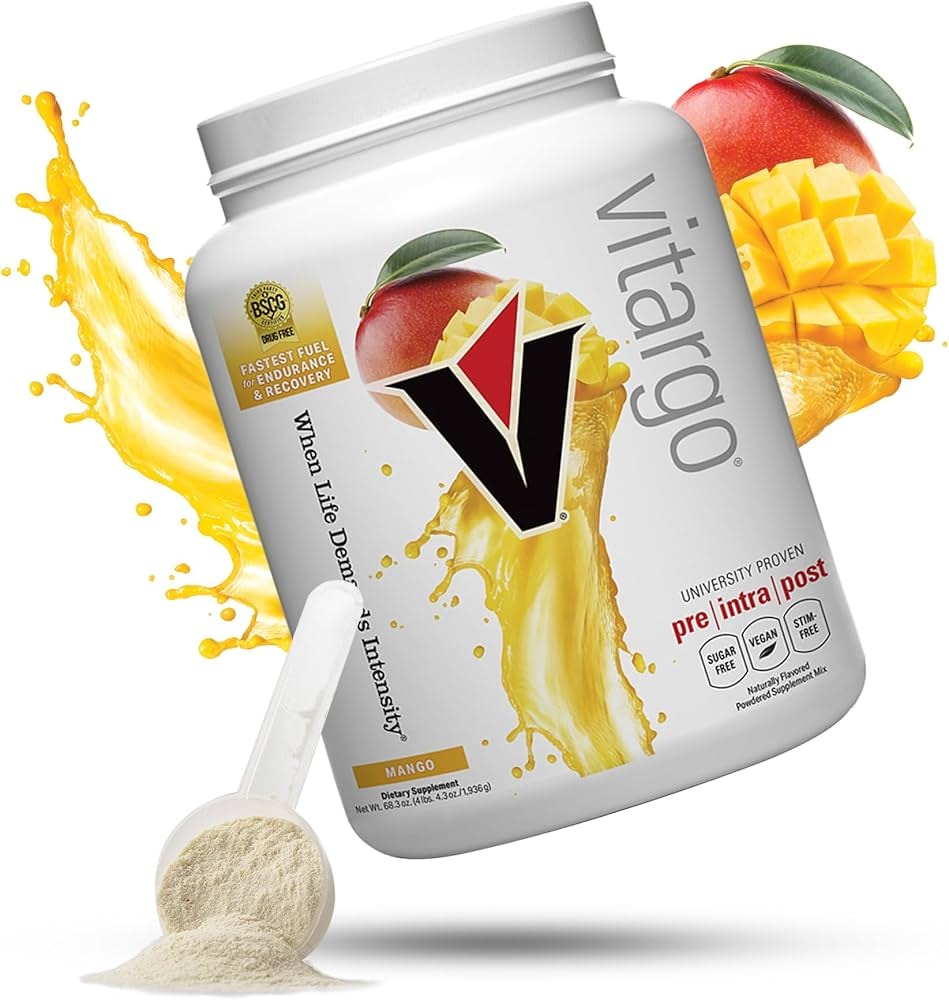
These are great for endurance athletes, as they are a pre-workout that includes carbohydrates to fuel long workouts. They will fill your glyogen stores back up and will prevent muscle fatigue.
8. Non-Powder Pre-Workouts
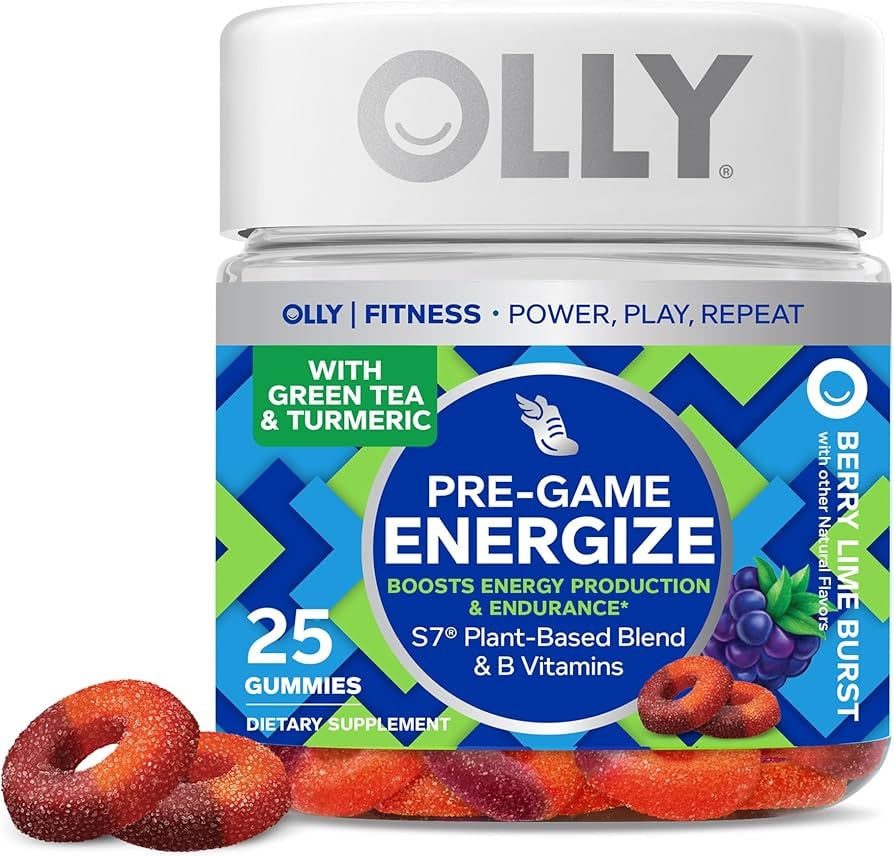
Some pre-workouts come in the form of gummies, chews, or drinks. These often absorb faster but may not last as long or be quite as strong.
FAQs About Pre-Workout Timing

Do you need to wait 30 minutes before working out after taking pre-workout?
While there is no one stopping you from working out directly after a scoop of pre-workout, it just isn’t ideal. Most people benefit the most from waiting about 30 minutes to let the ingredients start working. So if you have the time, yes – wait.
Can pre-workout kick in within 10 minutes?
It’s possible but rare. If you take it on an empty stomach and have a fast metabolism, you might feel the effects this quickly.
Is it bad to take pre-workout on an empty stomach?
Not necessarily, but it might increase the chances of feeling jittery or nauseous. Know yourself, and try to think about your own stomach and tolerance to pre-workout. If you try it on an empty stomach and it works fine, then you’re good to go! If it messes up your workout, I’d avoid trying again.
Final Thoughts
Pre-workout can be a game-changer for your workouts when you time it right. I know that pre-workout before my lift is somewhat of an essential, as I feel it gives me an edge in terms of the mental focus and energy I bring to my workouts, especially in the gym.
Now that you understand how long it takes for pre workout to kick in and the factors that influence it, you can maximize your performance and feel great in the gym, letting pre-workout be a natural supplement that can really work for you!
If you’re new to pre-workout, start with a small dose to see how your body reacts, and always read the label to know what’s inside. Adjust your intake, timing, etc. as you go on.
Now, ready to get pumped up and crush a workout? Let’s go!
References
- Martinez, N., Campbell, B., Franek, M., Buchanan, L., & Colquhoun, R. (2016). The effect of acute pre-workout supplementation on power and strength performance. Journal of the International Society of Sports Nutrition, 13(1), 29. https://jissn.biomedcentral.com/articles/10.1186/s12970-016-0138-7
- Kaczka, P., Batra, A., Kubicka, K., Maciejczyk, M., Rzeszutko-Bełzowska, A., Pezdan-Śliż, I., Michałowska-Sawczyn, M., Przydział, M., Płonka, A., Cięszczyk, P., Humińska-Lisowska, K., & Zając, T. (2020). Effects of pre-workout multi-ingredient supplement on anaerobic performance: Randomized double-blind crossover study. International Journal of Environmental Research and Public Health, 17(21), 8262. https://www.mdpi.com/1660-4601/17/21/8262
- Ellerbroek, A. C., & Antonio, J. (2015). Effects of pre-workout supplements on strength, endurance, and mood. Journal of the International Society of Sports Nutrition, 12(Suppl 1), P45. https://jissn.biomedcentral.com/articles/10.1186/1550-2783-12-S1-P45
